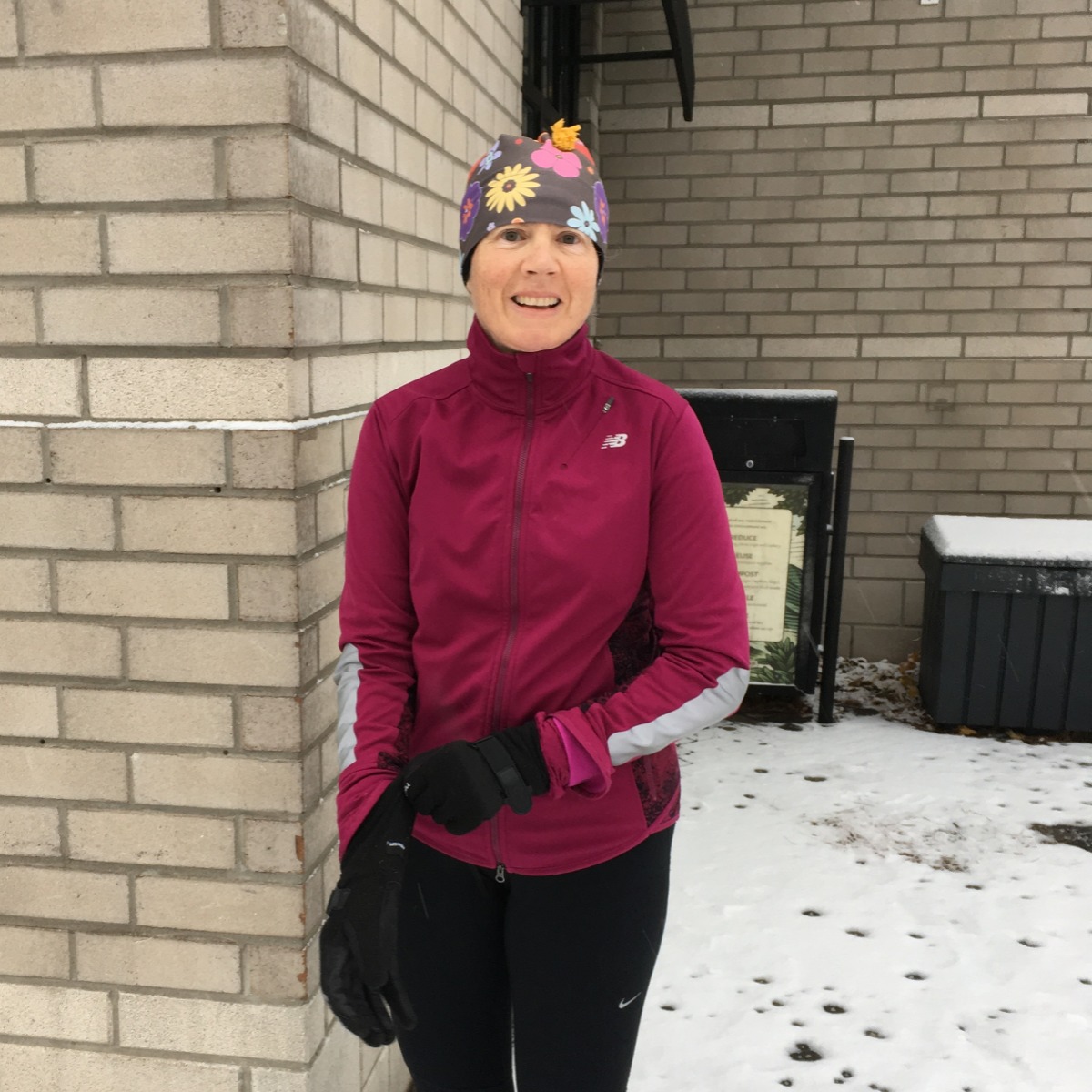By continuing to use our site, you consent to the processing of cookies, user data (location information, type and version of the OS, the type and version of the browser, the type of device and the resolution of its screen, the source of where the user came from, from which site or for what advertisement, language OS and Browser, which pages are opened and to which buttons the user presses, ip-address) for the purpose of site functioning, retargeting and statistical surveys and reviews. If you do not want your data to be processed, please leave the site.
The Voice of People With Breast Cancer
Education
Our Voices Blog
Tag : side effects
Using acupuncture for treating cancer treatment side effects
Like tai chi and qigong, acupuncture is another form of traditional Chinese medicine that has become a popular therapy used in the cancer community for help with side effects.
Art and Music Therapy – how they can help you reduce stress and provide emotional support
When people think of therapy the most common therapy session that comes to mind probably includes a person sitting across from or lying down beside a therapist and talking about their feelings. But what if you can never quite find the right words to say to express yourself or talking through what you are feeling doesn’t seem to be helping? The truth is therapy comes in all shapes and sizes. People are looking for and creating new ways to help cope with the stresses in their lives.
Our top blogs from 2019!
It’s now 2020! How strange does that sound? 2019 was a busy and impactful year at CBCN. So, we thought we’d look back and see what blogs you, our readers, found to be the most valuable. Here’s the top 10 list of most read blogs on CBCN’s Our Voices.
Tai Chi vs Qigong: What’s the difference?
Tai chi and qigong have long been popular in the cancer community to help with the effects of the disease. This week we look at these two forms of Chinese therapy, their similarities, differences and benefits.
The Importance of Vitamins in Our Daily Diets
Vitamins are tiny organic compounds with a massive impact on your general health and well-being. Vitamins can be obtained from your daily diet, or they can be sourced from the sun (only vitamin D). More so, they have a say in almost each and every aspect of the digestive system. The best part is that as essential as they are, your body only requires them in small amounts.
What is Canada’s new food guide all about?
Canada’s new food guide is, in one word, refreshing! First off, it makes us hungry just looking at it. And secondly, it does away with the confusing portion sizes and focuses more on practical tips for incorporating healthier foods into our diets.
The healing powers of meditation
Meditation programs are popping up across Canada – and for good reason. This centuries-old practice, also known as mindfulness, is one of the best tools for our health, well-being, and happiness. Research shows a daily meditation practice reduces stress, depression, and inflammation while improving sleep, fatigue, and menopausal symptoms in women who have a breast cancer diagnosis. Additionally, studies connect meditation and an enhanced immune function. These are all important considerations when you’ve had a breast cancer diagnosis.
Biosimilars for Cancer: What’s Coming Down the Pipeline?
Biosimilar therapies have already been in use in Canada for a few years, mostly in the chronic disease and supportive care settings. But soon they will be used for treating cancer as well. There isn’t a lot of information about these new oncology biosimilars and it’s important that breast cancer patients are aware of how their treatment plans may be impacted by these new therapies. We explore some of the emerging biosimilar therapies that will be used to treat cancer patients soon.
Tips for managing cancer-related brain fog
One of the most common complaints you hear from patients getting chemotherapy is brain fog. It's why it's most commonly known as "chemo brain". But what is it and why does it happen? And most importantly, how can it be managed?
Learning more about biosimilar treatment options
Biosimilar drugs will soon be entering the breast cancer treatment landscape and are already available for support medications. With these emerging treatment options, it’s important to know more about them so you can make informed decisions about your treatment plan.
Diarrhea – the opposite of constipation
In complete contrast to constipation, diarrhea is also a common side effect of treatment. While many chemotherapies and targeted therapies cause constipation, some of the others cause diarrhea. Loss of bowel control can not only be embarrassing, but it can cause painful cramps and lead to dehydration.
Constipation – A hard truth
Poop, definitely a topic that most of us don’t want to have candid conversations about, especially when it comes to our own. But constipation is one of the most common side effects of many cancer treatments, and can be a real pain in the a**, literally.
Research Roundup: April
Here are some highlights from the latest in breast cancer research:
Nerve damage is a little-known side effect of radiation
About 10 years ago, Charlotte Pennell was pruning bushes in her garden in Winnipeg. One branch seemed especially tough to cut. Then she looked down and saw that she was cutting her finger. She was horrified that she had so little feeling in her hand.
Surviving breast cancer and living with lymphedema
January 4, 2010, I became a fly on the wall. I was at my surgeon’s getting results from my biopsy. It was supposed to be a quick appointment as the initial needle test of fluid prior to the biopsy was negative for cancer, or so we thought. I remember hearing the doctor telling me “unfortunately it was cancer….” I felt like I was having an out of body experience. I was there but literally watching over my body and the doctor from a distance. My world suddenly changed both physically and mentally.
Medical marijuana gives a metastatic patient relief from pain, hot flashes, and sleeplessness
Cindy Blondeau of Moosomin, Saskatchewan is pleased that the federal government is legalizing marijuana. For this metastatic breast cancer patient, pure CBD oil from this plant works better than any other painkillers that she has tried.
Cannabis for cancer side effects
We’ve been talking a lot lately about side effects and ways to manage or cope with the many symptoms of cancer treatment. But what we haven’t talked about in all of these posts is how cannabis (or marijuana) can be used to help with your side effects. We thought it best to dedicate a blog post entirely on cannabis to help you better understand how it may help relieve your symptoms and how it’s regulated in Canada.
Rethinking the slippery slope: resilience, metastatic breast cancer, and me
“Go UP the stairs. Slide DOWN the slide. No, Sweetie. Go UP the STAIRS.” She could barely walk, but she was climbing up the slide. Then, and now. Spend ten minutes at a playground, and the appeal of climbing up the face of the slide is undeniable. I am acutely aware of the dangers of falling off the slide, the risks of children bumping into each other. I vaguely remember falling off a slide, decades ago--one of the old, tall ones—before playgrounds had soft surfaces. I like to see everyone going in the same direction. Up the stairs. Down the slide. Nice, orderly, predictable, and safe.
A Running Thread
It’s good to set challenging goals.
I ran my first marathon the year I turned 50, and completed another two years later. I loved establishing training goals that would force me to push myself physically, and feeling healthy and strong as the result of running regularly. In November 2015, I decided on a new goal: to run another marathon in the fall of 2016, and complete it with a time fast enough to qualify for the Boston Marathon.
Tips For Managing Fatigue
Cancer related fatigue is so much more than just feeling tired from a long, hard day. Your cancer treatment can cause you to experience what feels like full body exhaustion. You’re so exhausted that you can’t get out of bed and no amount of rest will give you back your energy.




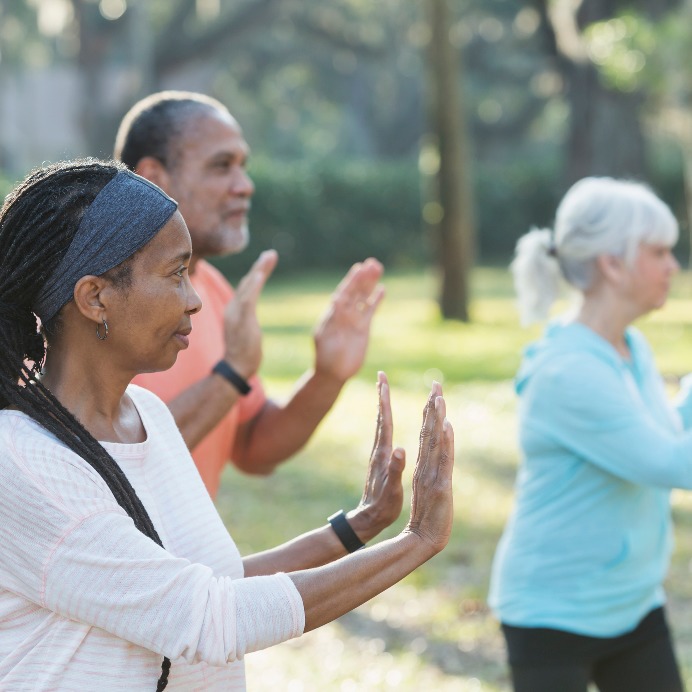





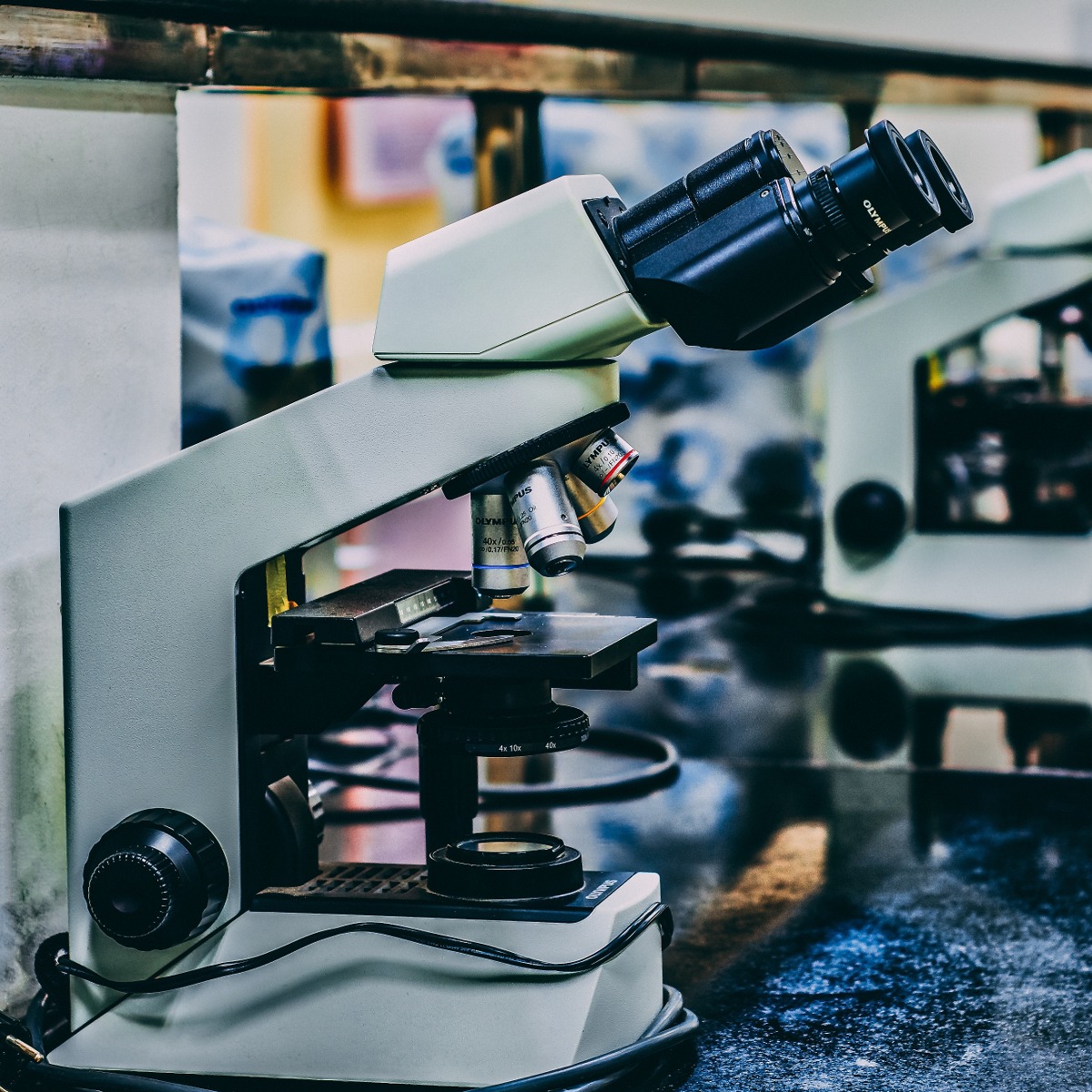


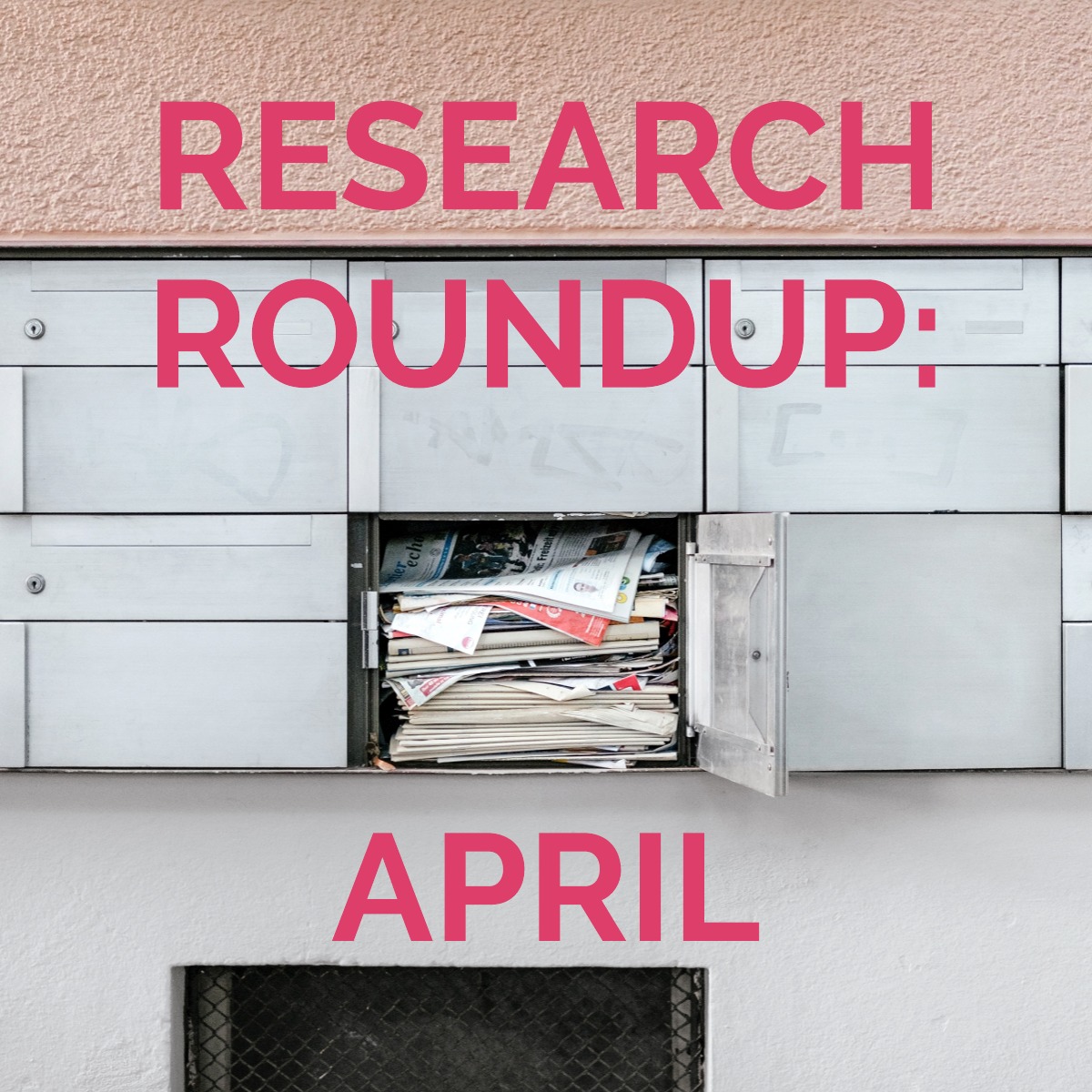
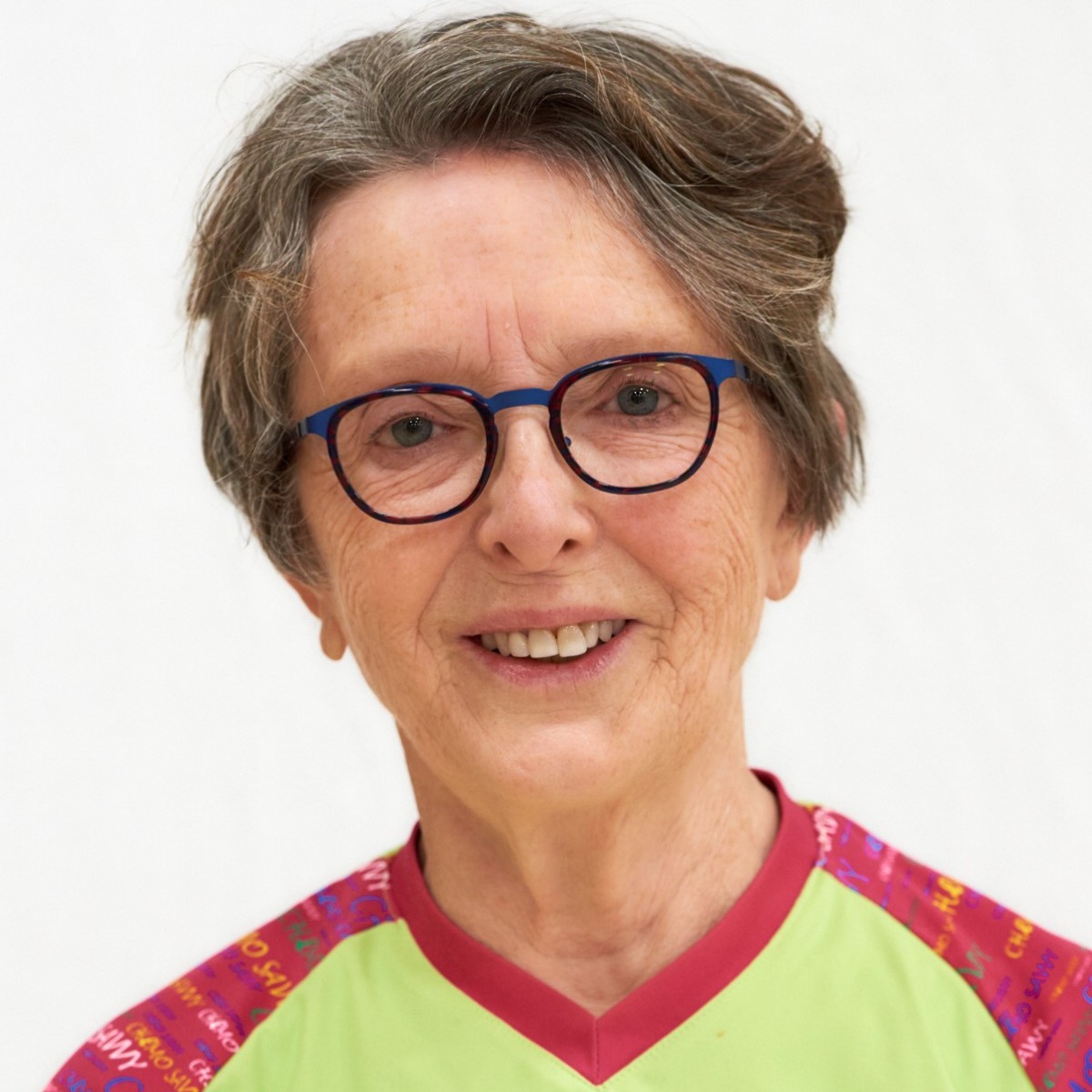
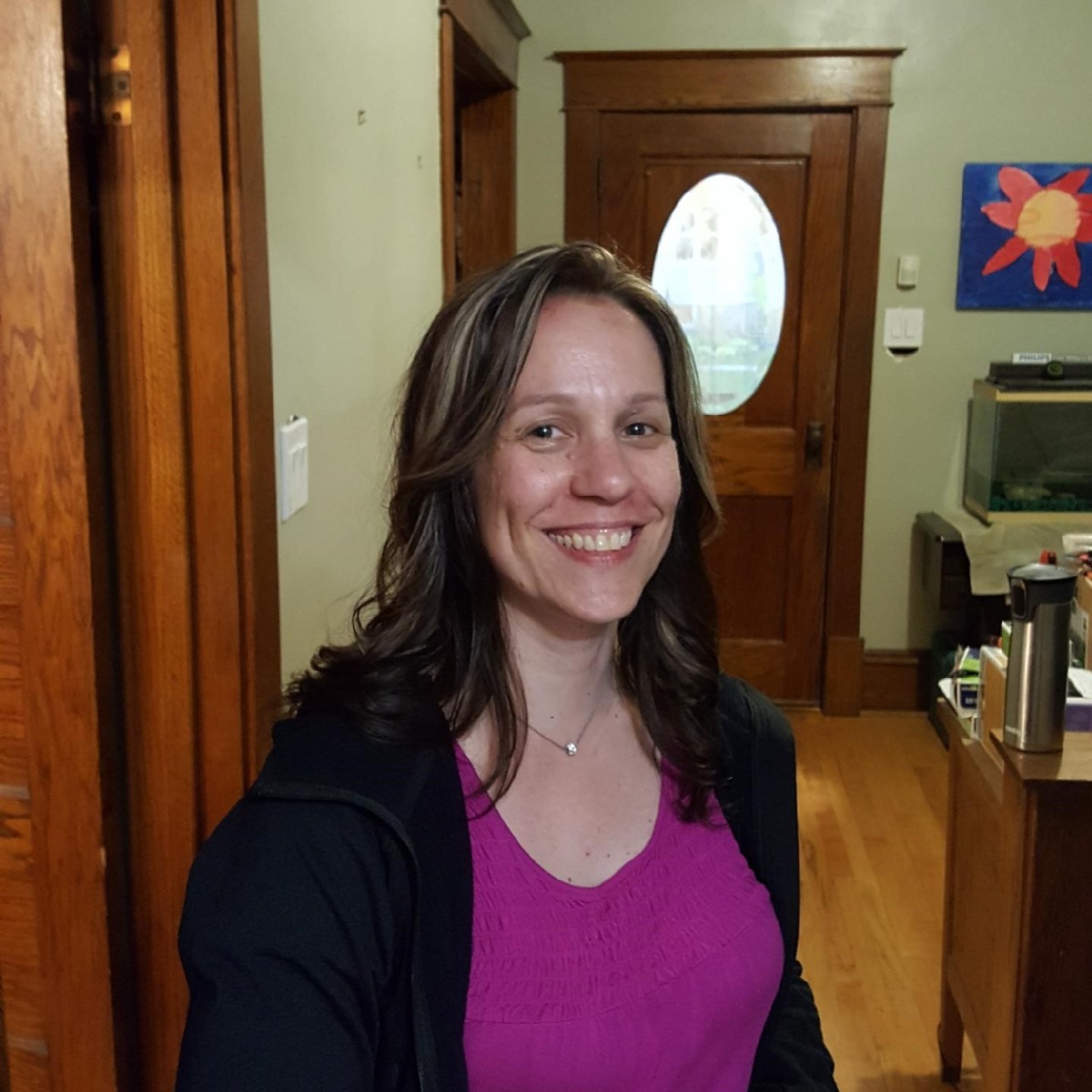
.jpeg)


